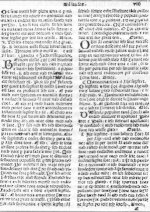DejaVu
Regular Member
- Messages
- 573
- Reaction score
- 42
- Points
- 0
Albanian History:
We are Atlantis, Pelasgians, Epirotes, Illyrians, Dardanians, Albanoi, Arnauts, Arbanasi, Arberesh, Arvanites, Albanians, Shqiptars and everything we want to be.
We speak the most ancient language in the world the illyrian, dardanian, pelasgian and everything we say it is.
We dont need any sources, we make our the history as we want.
We are Atlantis, Pelasgians, Epirotes, Illyrians, Dardanians, Albanoi, Arnauts, Arbanasi, Arberesh, Arvanites, Albanians, Shqiptars and everything we want to be.
We speak the most ancient language in the world the illyrian, dardanian, pelasgian and everything we say it is.
We dont need any sources, we make our the history as we want.








